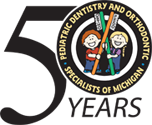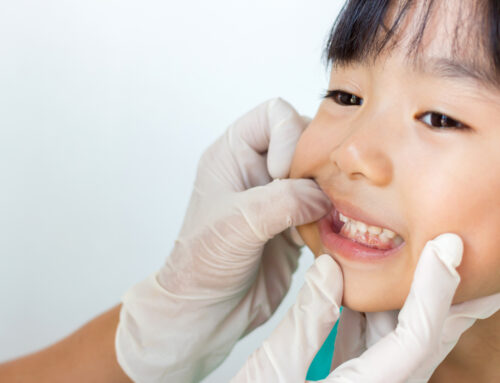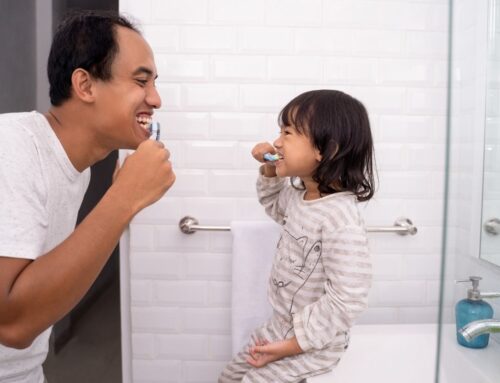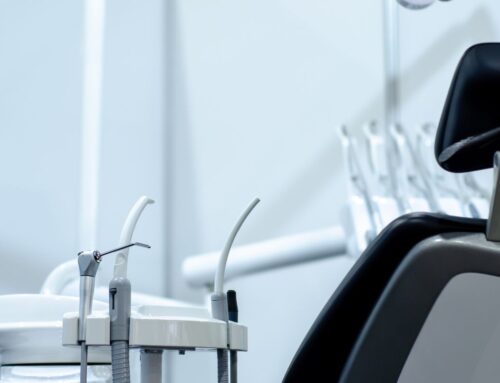When babies are born they don’t waste any time crying or drooling, and things can get pretty hectic for new parents experiencing this major life change for the first time. But amidst all the chaos, a baby’s parent or caregiver is encouraged to also look ahead in that child’s life to be sure they have a happy and healthy childhood — and that includes taking care of the child’s teeth.
When a baby’s first tooth begins to sprout, the importance of oral care instantly increases. Even though the baby set of teeth are in the mouth for a relatively short period of time (approximately 8-10 years give or take), taking care of the gums and the baby teeth will help prevent problems with the future permanent teeth. Getting this right is essential to our overall health and well-being.
So, what is the best way to go about assuring oral health and stability for your child? Well, the first step is to start as soon as possible. For example, after a baby eats, use a moist washcloth or gauze to manually clean the baby’s gums. Doing so will create a routine that, in spite of no teeth actually yet showing in the mouth, will offer advanced care to the infant’s mouth and prepare them for oral care as they grow. It will also keep bad mouth bacteria in check as well as prevent potential cavities.
It is important to stress that no amount of mouth cleansing will be enough to prevent decay and tooth problems for an infant that is allowed to go to bed with milk bottles or juice. Inevitably, the teeth will decay if this behavior occurs long enough.
When a baby’s first tooth finally shows itself, brushing can finally commence. When it comes to toothbrushes, it is advised to use a soft brush with a small head and a large handle. As more teeth erupt through the surface of the gums, whoever is brushing the baby’s teeth can put a small, pea-sized amount of fluoride toothpaste on the brush and clean thoroughly but gently. Essentially, a very light smear should be placed across the very top of the bristles without much extra sitting above.
While kids should visit a dentist for the first time when they are around one year old, you can start all of these healthy and helpful behaviors much sooner. Keep in mind also most children probably won’t be brushing their own teeth until they are about five or six years of age. Instilling great oral care from birth will help encourage children to start caring for teeth on their own even sooner.
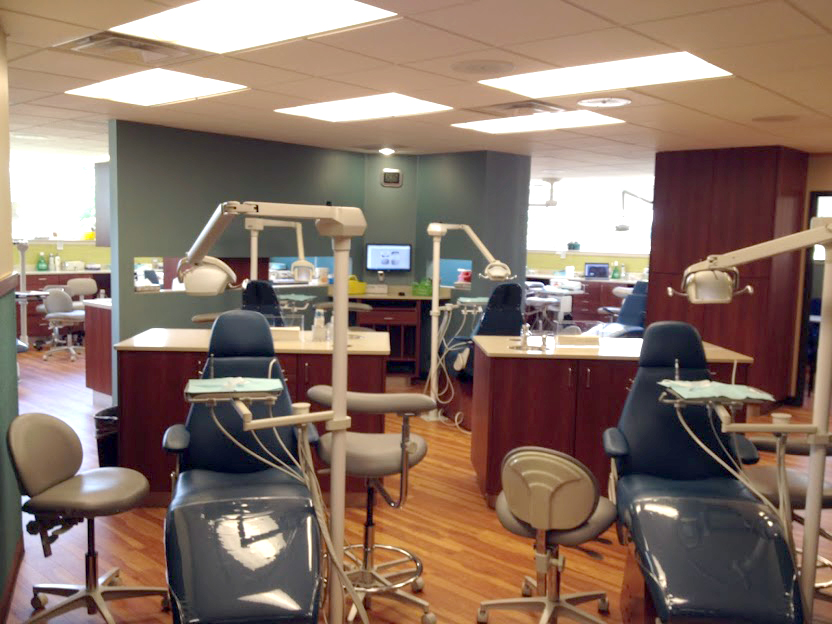
About Pediatric Dentistry and Orthodontic Specialists of Michigan, the offices of Drs. Delaney, Plunkett, Ralstrom, Makowski, Thanasas, Ker, and Associates
Pediatric Dentistry and Orthodontic Specialists of Michigan has specialized in high-quality pediatric dentistry and orthodontic care since 1968. Our family-friendly office gives patients and families a more comfortable and consistent experience with dentistry from the very beginning. Our pediatric dentists treat children from newborn to 18 years of age while our orthodontists provide care for both children and adults. Our orthodontists are also proud to be recognized as an Invisalign Preferred Providers. Our doctors have the ability to treat all patients, including those with special needs, in our office equipped with treatment rooms available for children who require additional privacy. Valued hospital affiliations allow dental services to be performed at DMC Children’s Hospital when needed.
Pediatric Dentistry and Orthodontic Specialists of Michigan
39400 Garfield Rd., Suite 200
Clinton Township, MI 48038
586-286-0700
www.mychildsteeth.com
